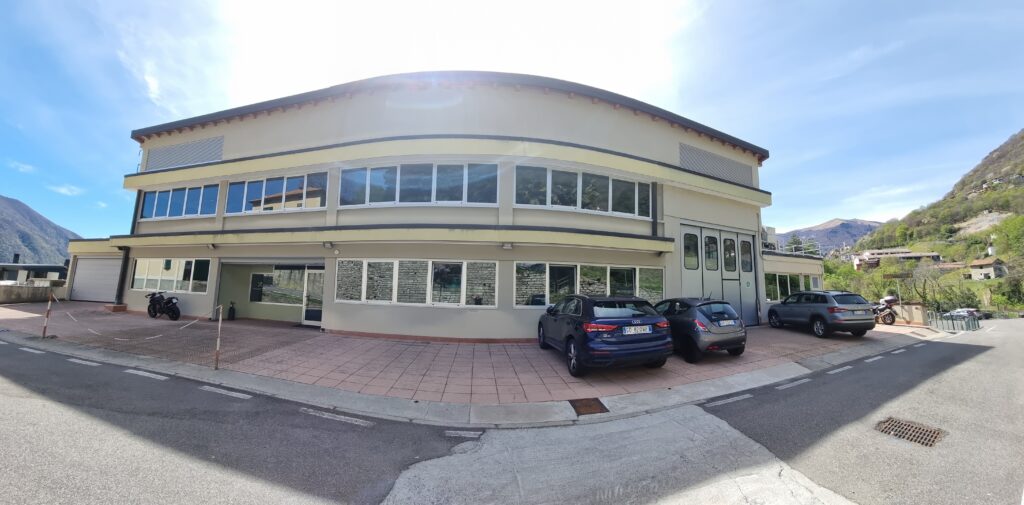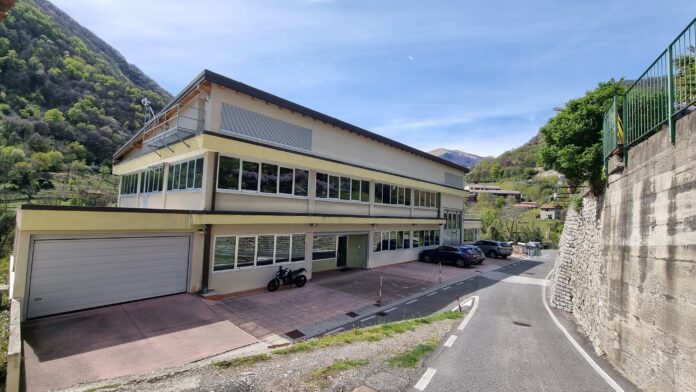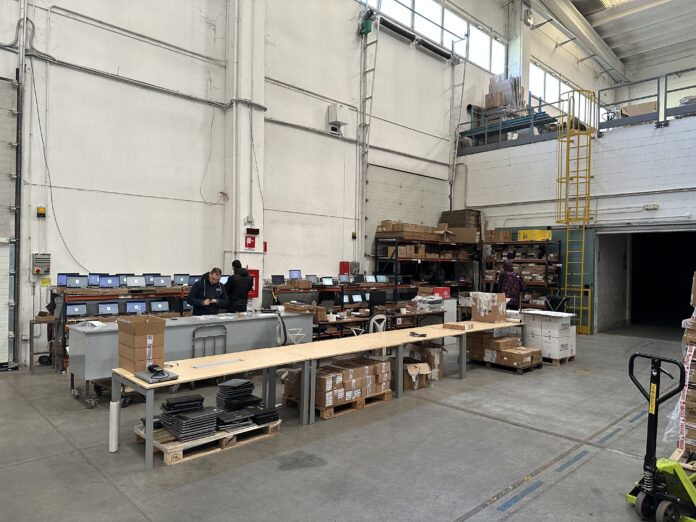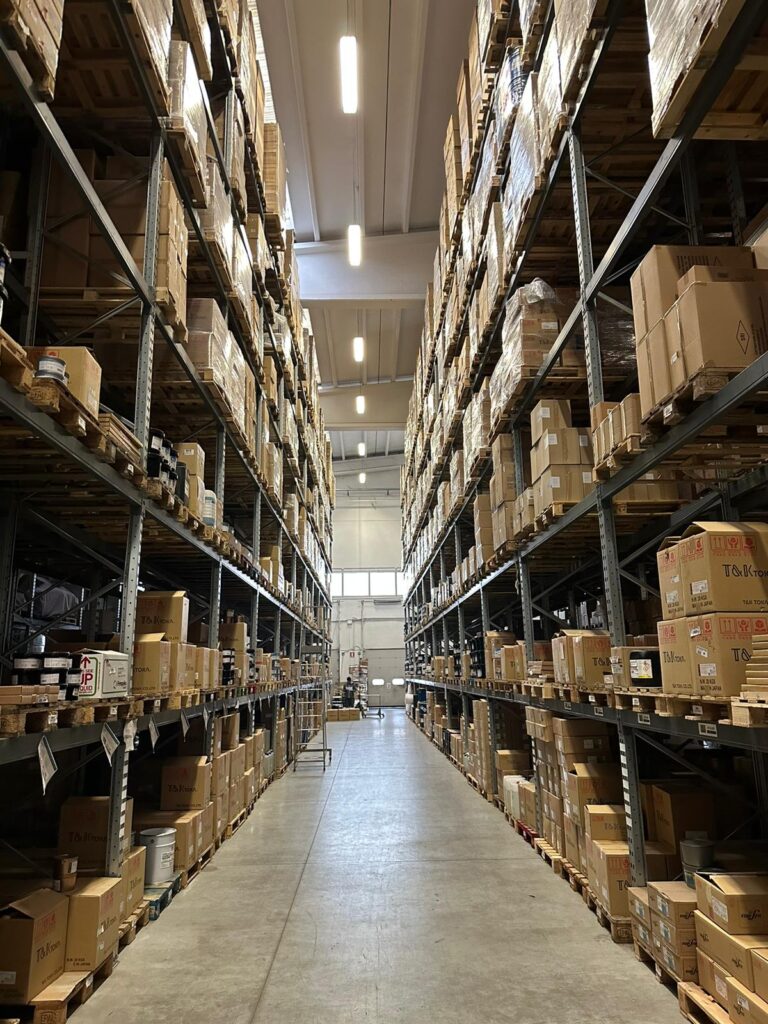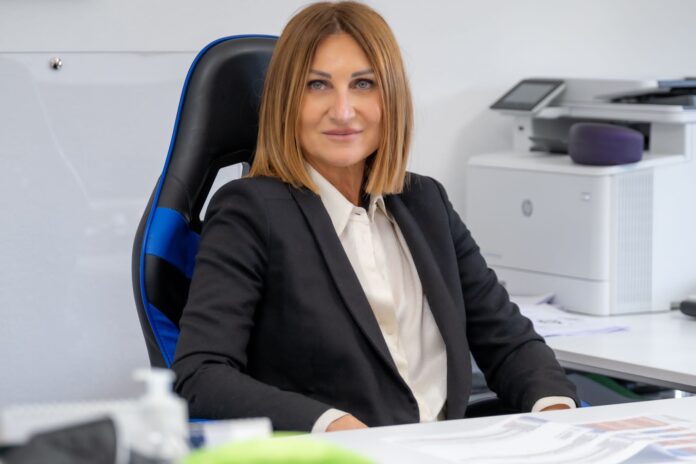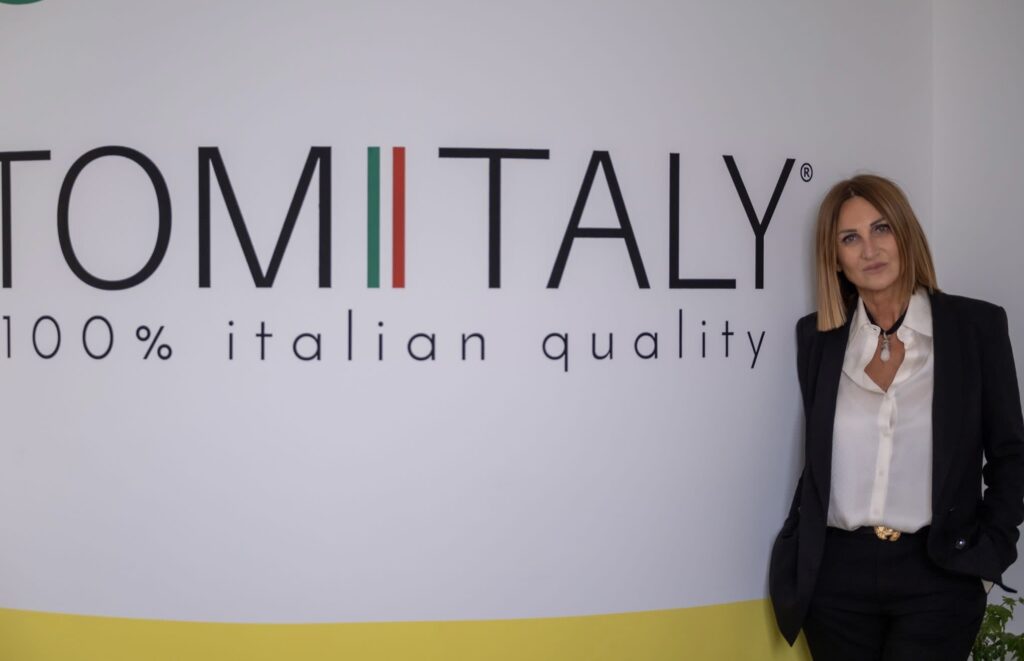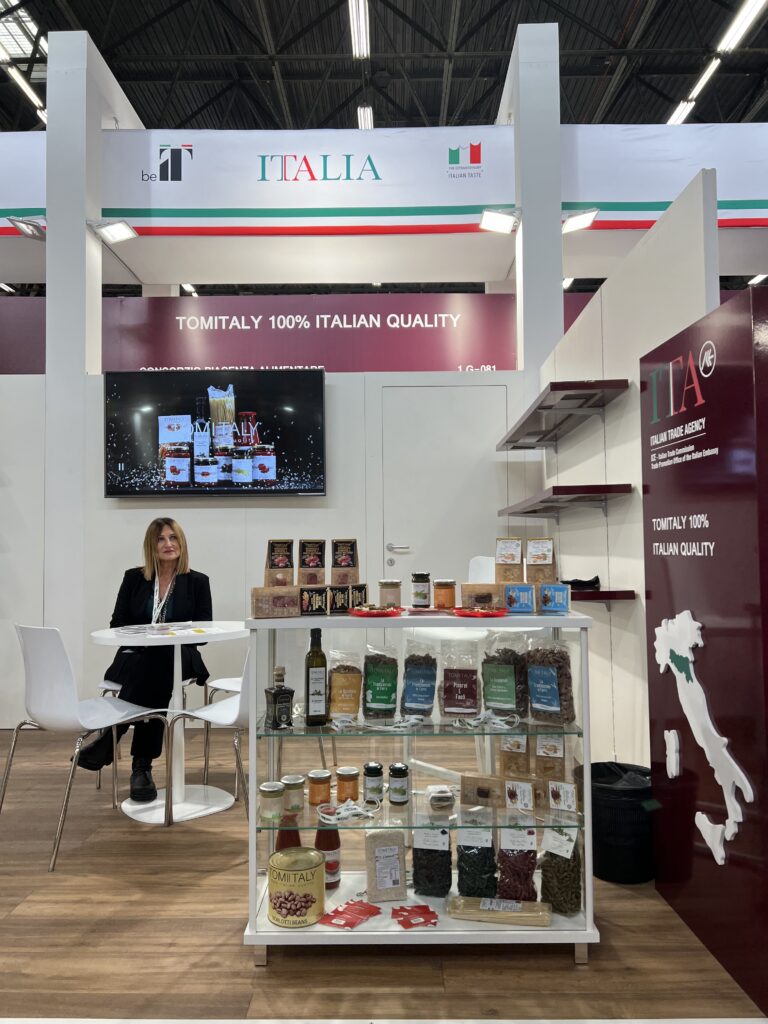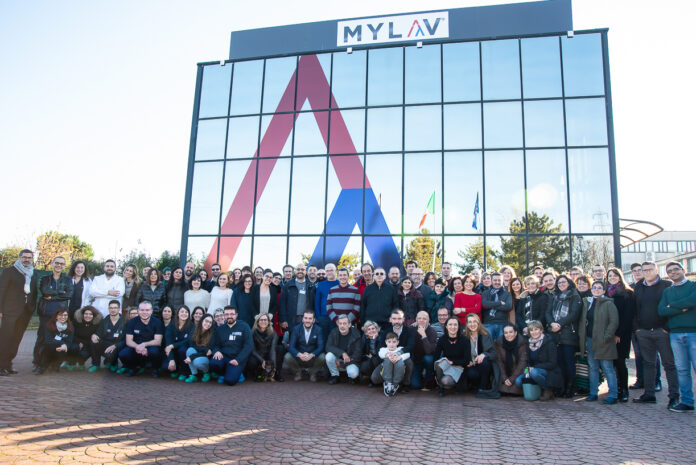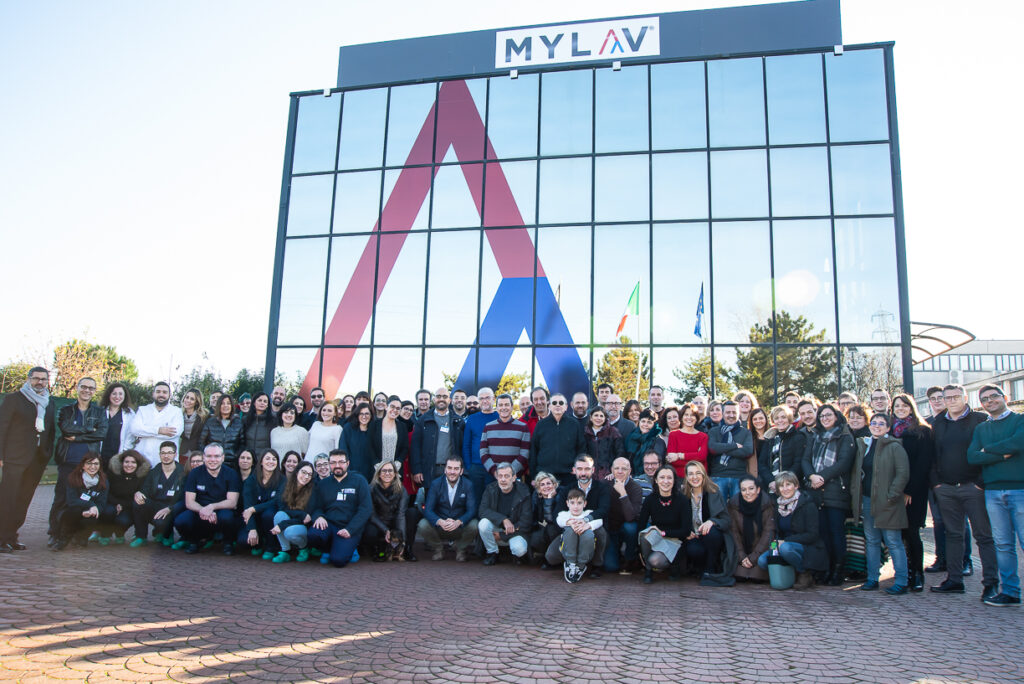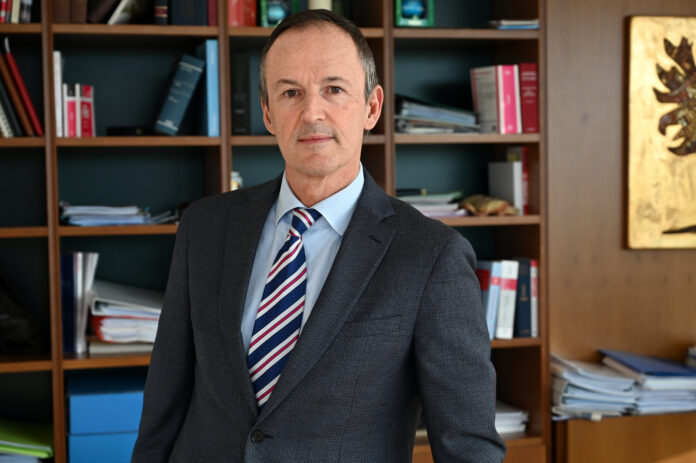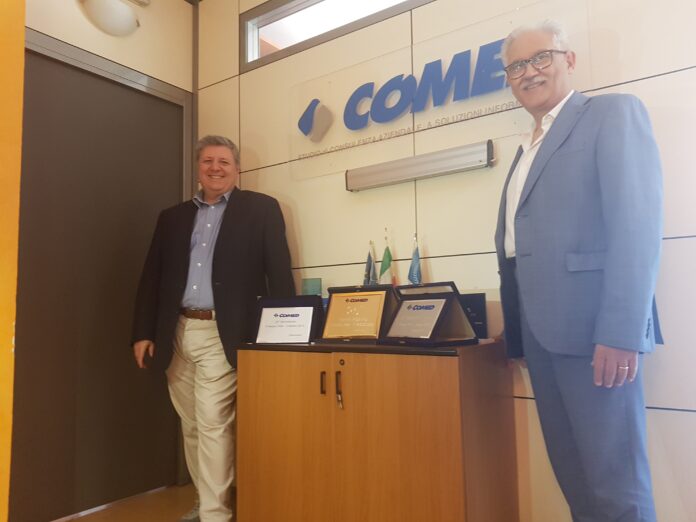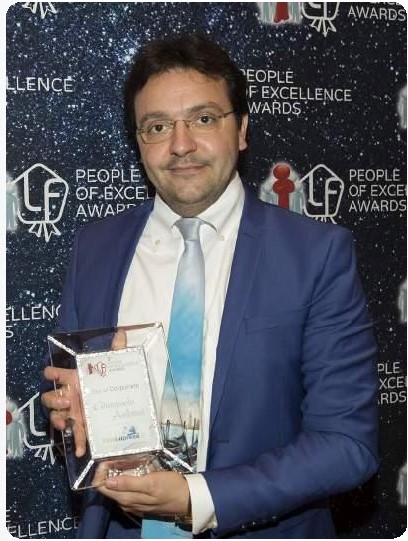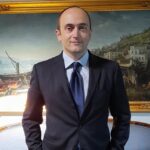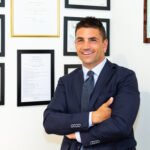Depression is a feeling of perennial sadness associated with a reduction of interest or pleasure in daily activities; sometimes it can be so intense or profound that it interferes with the patient’s quality of life, causing him or her to have no prospects, not to live serenely in the present, to brood over a past that creates anguish, remorse and resentment. The only way to deal with this widespread but often neglected and ignored disorder – today about 1 in 15 people in Western countries develop a depressive episode at least once in their life – is to understand, with the help of experts in the field, how best to deal with it. “Depression is a condition that can be cured and from which one can recover, if treated in the right way, of course,” says Prof. Vito Covelli, a world-renowned neurologist, highly specialised in Nervous System Diseases. A luminary in the field – formerlỳ Professor of Neurology at the Universitỳ Federico II in Naples and Director of Neurology at the Universitỳ Consortium Hospital in Bari – who has spent his life for medicine and research.
by Roberta Imbimbo
Prof. Covelli, what is depression? What symptoms should not be underestimated, but on the contrary should prompt a person to consult an experienced professional?
A small premise is necessary. Negative external events – such as the sudden loss of a loved one or the failure to achieve a much sought-after professional goal – can produce temporary mood swings, causing a person to withdraw into himself in order to metabolise his pain, sadness, disappointment or frustration. In these cases, however, one cannot speak of genuine psychic depression (at most one should speak of an episodic depressive reaction) because such moods are the natural consequence of everyday problems and do not interfere in the least with the person’s normal social and work functions. Endogenous or primary depression, on the other hand, is much more complex and articulated. It is in fact a disabling and disruptive illness that involves significant alterations in mood accompanied by other symptoms of both a somatic and psychological nature. The overall picture of these symptoms (profound sadness and despair, loss of interest, lack of energy, appetite and sleep disorders, social withdrawal, loss of self-esteem, need for self-punishment, lack of interest in caring for one’s own body) leads to a serious impairment of the person’s social and work functioning, inducing him or her to a progressive and total isolation, to continually experience a deep sense of unease and lack of confidence in the future. The borderline between endogenous depression and other states of mind such as melancholy, sadness and frustration is thus clearly marked by indifference to the outside world, altered interpersonal relationships, the inability to be enthusiastic even about the pleasant things in life, recurrent thoughts of death or suicide, the need to isolate oneself at home and to stay in bed as long as possible, due to that feeling of widespread malaise that leads the patient to always feel tired, weak or empty. The depressed patient is in fact apathetic, passive, lacking in positive energy; he has clearly lost the will to live and to react aggressively to life’s jolts.
However, there is a type of depression that is difficult to understand because it is mainly hidden behind symptoms of a somatic nature. Can you tell us about it?
Disguised depression – so called precisely to highlight the fact that sometimes psychic depression can present itself in disguise – is a code that must be well interpreted, as the physical symptoms are well represented, constant and disabling while the psychic ones are hidden, of lesser intensity and in some cases do not appear at all. Precisely for these reasons, the patient often feels misunderstood. Thanks to an accurate diagnosis, the experienced professional is able to intervene appropriately and solve the problem, while unfortunately, inaccurate diagnosis and treatment can cause serious somatic and psychological consequences. They significantly limit patients’ social functioning, can increase the suicide rate and further increase the costs of diagnosis and treatment.
Can depression be cured today?
Absolutely! As mentioned, a precise and circumstantial diagnosis is necessary, made by an experienced professional according to strict international protocols (the Diagnostic and Statistical Manual of Mental Disorders is an important reference point in this regard). Listening is obviously the first therapeutic step: C.G. Jung used to say that depression is a lady dressed in black that one must sit at one’s table and listen to. The specialist must therefore know how to listen (giving the utmost importance to what the person communicates and not underestimating any signals), stimulate (especially with patients who are not very inclined to dialogue), investigate and interpret, and then tailor the therapeutic strategy to individual needs, both biological and psychological. The therapy must in fact be tailor-made for the individual (and if well administered, allows the patient to smile at life again within three weeks). This is why it is extremely important to avoid do-it-yourself treatment but to consult one’s own neurologist. The brain is a complex organ, and as such, so is its treatment. It is important to understand, therefore, that depression is a real illness that can and must be treated appropriately. After all, numerous strategies are available. At the psychopharmacological level, there have been many innovations in recent years and today there are numerous drugs with antidepressant action that have proven to be highly effective in 96.5% of cases. Numerous scientific studies have also shown that the combination of psychotherapy and drug therapy yields excellent clinical results.
Definitely yes to the use of antidepressants, which can significantly improve a person’s mood without creating a drug addiction. What, on the other hand, can you tell us about the use and abuse of anxiolytics?
Fast-acting drugs of the anxiolytic category, although very effective in the short term in the management of anxiety symptoms, should only be prescribed after a careful diagnostic evaluation, as they can easily facilitate abusive behaviour that predisposes to the development of a dangerous physical and psychic dependence. It often happens, however, that they are used very lightly and with the wrong treatment criteria. It must therefore be understood that such drugs can facilitate the treatment of certain psychophysical pathologies, if and only if they are taken in the correct doses and in the appropriate psychophysical contexts; conversely, they can be extremely harmful or dangerous if the dose taken is excessive and outside the medical instructions, and if the intake times are prolonged and uncontrolled. Those who abuse them must therefore recognise that they have an addiction problem and agree to place themselves in the hands of a specialist; they must stop wearing dangerous masks, pretending that everything is fine, and they must necessarily be assisted in a course of treatment and detoxification that envisages a gradual reduction in the dosage of the drug until it is completely discontinued. In conclusion, today it is possible to recover from depression as long as one deals with the illness in the right way, with a personalised treatment tailored to individual needs. The aim of the therapy will above all be to make the patient understand that negative events may well happen, but they must not harm his psychophysical integrity in the slightest; and that he must therefore remain firmly anchored in his will to live. To his will not to lose himself.
